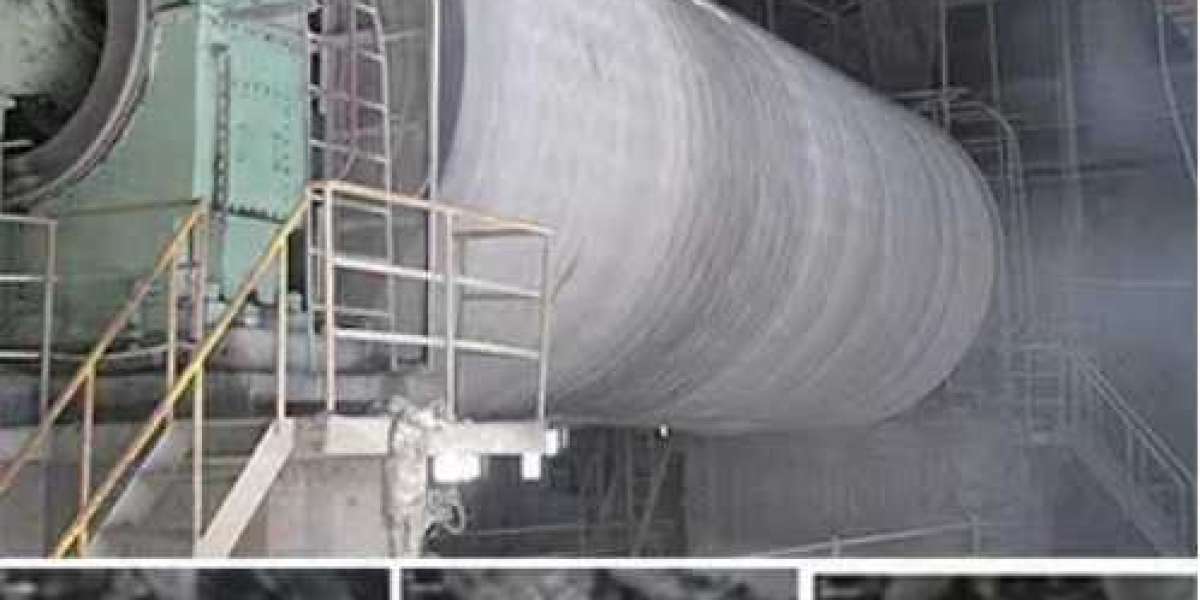Cement grinding additives play a crucial role in improving the efficiency of the grinding process, reducing energy consumption, and enhancing the overall quality of cement production. This article explores the significance of cement grinding additives and their impact on the cement manufacturing industry.
Understanding Cement Grinding Additives
Definition and Types:
Cement grinding additives are chemical substances that are added to the cement mill during the grinding process. They enhance the grinding efficiency, improve cement flowability, and reduce clinker factor. Common types of additives include grinding aids, strength enhancers, and performance enhancers.
Functionality:
Grinding aids reduce the surface energy of clinker particles, facilitating their breakage and improving the efficiency of the grinding process. Strength enhancers improve the mechanical properties of cement, leading to higher compressive strength. Performance enhancers optimize cement properties, such as setting time, workability, and durability.
Benefits of Cement Grinding Additives
Increased Grinding Efficiency:
Additives improve the grinding process by reducing agglomeration and coating of the grinding media, resulting in finer particle size distribution and increased production rates.
Energy Savings:
By enhancing the grinding efficiency, additives reduce the energy consumption required for cement production, leading to significant cost savings and environmental benefits.
Improved Cement Quality:
Additives enhance the cement's performance by improving its strength, workability, and durability. This results in higher-quality cement, meeting the requirements of various construction applications.

Application of Cement Grinding Additives
Grinding Aids:
Grinding aids are commonly used additives that improve the efficiency of cement grinding. They reduce the clinker factor, increase mill output, and improve cement quality. Common grinding aids include glycols, amines, and phenol-based compounds.
Strength Enhancers:
Strength enhancers are additives that improve the mechanical properties of cement, such as early and late strength development. These additives are particularly useful in applications where high strength is required, such as in the construction of high-rise buildings or infrastructure projects.
Performance Enhancers:
Performance enhancers optimize various cement properties, such as setting time, workability, and durability. These additives are tailored to meet specific requirements, such as reducing water demand, improving sulfate resistance, or enhancing the cement's resistance to alkali-silica reaction.
Challenges and Future Trends
Environmental Concerns:
The cement industry is increasingly focused on sustainable practices. The development of environmentally friendly additives, such as bio-based or recycled materials, is a growing trend.
Customization and Tailored Solutions:
As the demand for specialized cement increases, the industry is moving towards customized additives that can meet specific requirements, such as low-heat cement, self-healing cement, or high-performance concrete.

Conclusion
Cement grinding additives play a vital role in enhancing the efficiency, quality, and sustainability of cement production. By improving grinding efficiency, reducing energy consumption, and optimizing cement properties, these additives contribute to the continuous improvement of the cement manufacturing industry. As the industry evolves, the development of innovative and sustainable additives will further revolutionize cement grinding processes.








